All About Common Skin Disorders
Skin disorders vary greatly in symptoms and severity. They can be temporary or permanent, and may be painless or painful. Some have situational causes, while others may be genetic. Some skin conditions are minor, and others can be life-threatening.
While most skin disorders are minor, others can indicate a more serious issue.
There are many different types of skin disorders.
Acne

- Commonly located on the face, neck, shoulders, chest, and upper back
- Breakouts on the skin composed of blackheads, whiteheads, pimples, or deep, painful cysts and nodules
- May leave scars or darken the skin if untreated
Cold sore
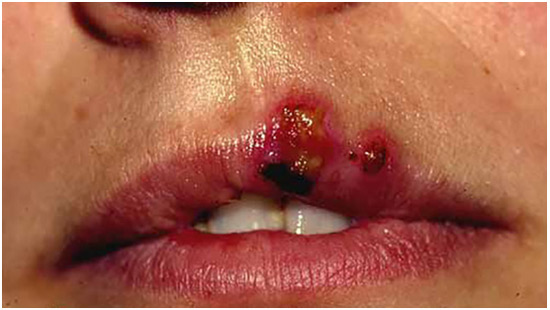
- Red, painful, fluid-filled blister that appears near the mouth and lips
- Affected area will often tingle or burn before the sore is visible
- Outbreaks may also be accompanied by mild, flu-like symptoms such as low fever, body aches, and swollen lymph nodes
Blister
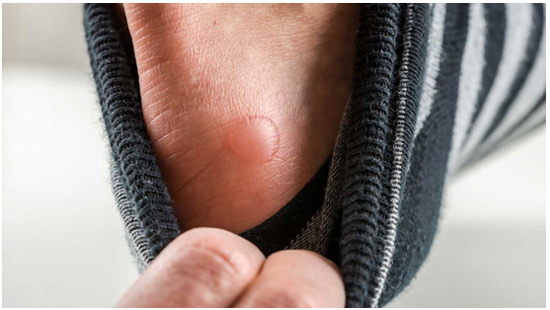
- Characterized by watery, clear, fluid-filled area on the skin
- May be smaller than 1 cm (vesicle) or larger than 1 cm (bulla) and occur alone or in groups
- Can be found anywhere on the body
Hives
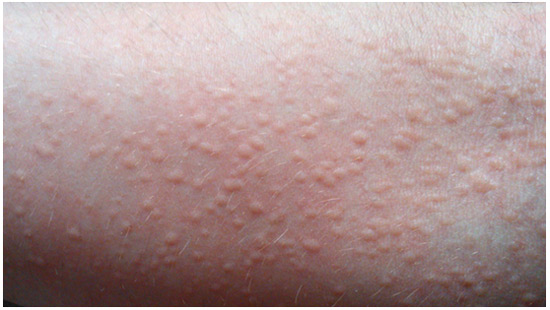
- Itchy, raised welts that occur after exposure to an allergen
- Red, warm, and mildly painful to the touch
- Can be small, round, and ring-shaped or large and randomly shaped
Rosacea

- Chronic skin disease that goes through cycles of fading and relapse
- Relapses may be triggered by spicy foods, alcoholic beverages, sunlight, stress, and the intestinal bacteria Helicobacter pylori
- There are four subtypes of rosacea encompassing a wide variety of symptoms
- Common symptoms include facial flushing, raised, red bumps, facial redness, skin dryness, and skin sensitivity
Eczema

Eczema is a dry, itchy skin condition. The most common type (atopic dermatitis) usually occurs in childhood. Commonly, kids with atopic dermatitis develop a red rash on their face, scalp, hands, or feet. Elbows and knees may be affected.
Other types of eczema affect adults and may cause blistering. Eczema may be chronic, but it's not contagious. It tends to be more common in families with asthma and allergy.
Ringworm
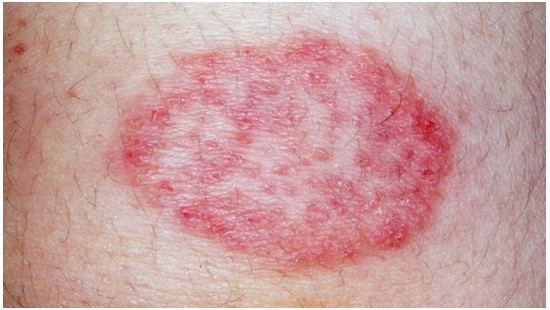
Ringworm is a skin infection caused by a fungus that can be itchy. On many areas of the skin, it appears as a round patch with a clear center.
When it affects the scalp (tinea capitis), ringworm can cause scaly, red bald spots. Ringworm of the feet (called athlete's foot) causes peeling, cracking, and possibly blisters.
When ringworm affects the groin, it's called jock itch.
Vitiligo
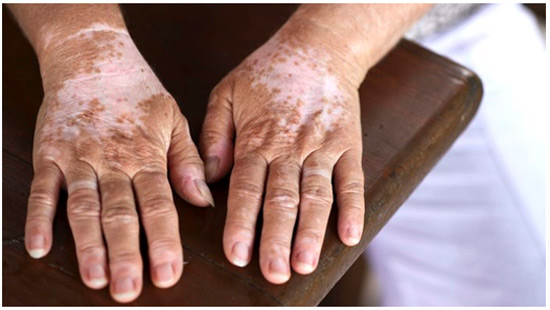
People with this rare skin disorder develop white or lighter patches of skin, usually on both sides of the body. There are different types of vitiligo.
Some people have localized vitiligo, in which only a few white spots appear, while others can have it on larger swaths of skin.
The cause is unknown, but some experts believe it may be an autoimmune disease, and the body's immune system is attacking pigment-producing cells.
Blackheads
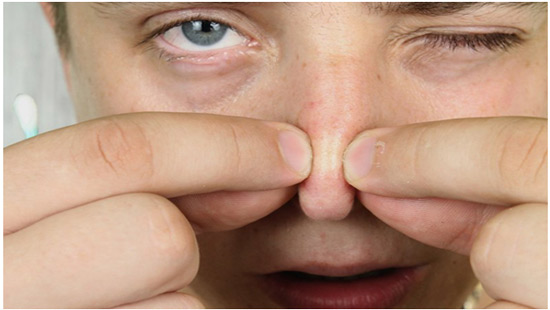
- Blackheads are composed of dried sebum (oil) and dead skin cells.
- Blackheads can be present in a number of skin diseases.
- Blackheads are a prime component of teenage acne
Moles
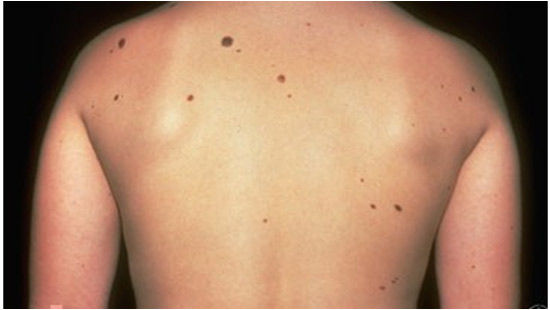
Common growths on the skin that appear when the skin cells bunch up with tissue surrounding them.
Most people have moles and may develop new ones from time to time.
Moles have no symptoms, but should be regularly checked if they grow larger, appear abnormal, or change in color.
Psoriasis

Psoriasis is an autoimmune disorder. Symptoms typically include patches of abnormal skin. The affected skin is typically red, scaly, and very itchy. The affected areas vary in size and severity.
There are five main types of psoriasis:
- Plaque psoriasis causes thick red patches of skin.
- Pustular psoriasis causes pustules surrounded by red skin.
- Erythodermic psoriasis causes patches of skin that look like severe burns covering large portions of the body.
- Inverse psoriasis causes a shiny red rash in the folds of the skin.
- Guttate psoriasis causes small red spots on the scalp, face, torso, and limbs.
Nomination form for 2017 Global Awards :
https://www.unaniherbal.org/nomination-form.html
For more information you can also follow us on:

 If you wish to cancel your subscription to this newsletter click here
? Copyright 2014 Unani Herbal
If you wish to cancel your subscription to this newsletter click here
? Copyright 2014 Unani Herbal

